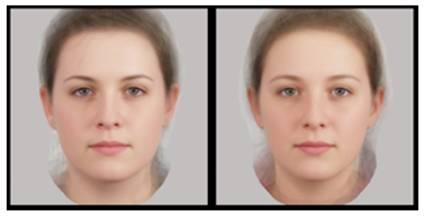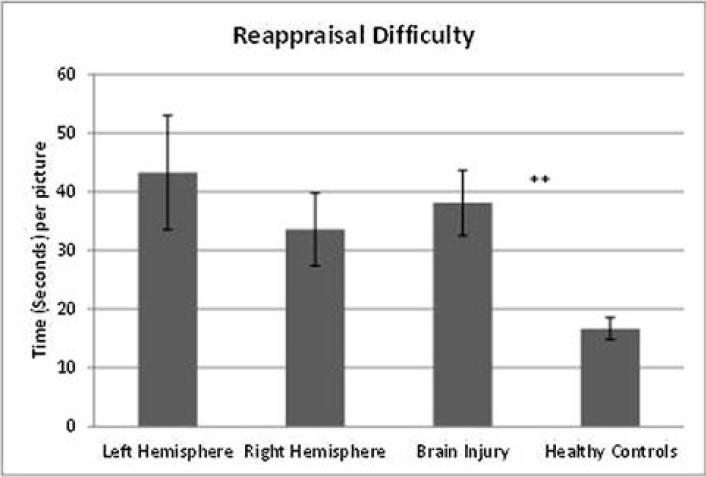Discoveries
Highlights of a few projects from Social Neuroscience at Bangor.
Human Signal Systems: Adaptive Principles
Professor Rob Ward is interested in the valid and deceptive nonverbal signals that we all give out in everyday interactions. This topic is inspired by evolutionary theories of communication, or signalling systems. In biological signalling systems, a signal is an evolved behaviour or trait that alters the behaviour of observers. Signal systems have many interesting properties, and emphasise the co-evolution of the sender and the receiver: the signal must be informative enough that receivers benefit from attending and responding to it. However, signals are not expected to be universally valid or "honest". There is a selective pressure to send out occasional deceptive messages, which benefit the sender at the expense of the receiver. That is, the receiver can be manipulated into acting against their own best interests (e.g. Krebs & Dawkins, 1984).
We are examining:
- the different kinds of information conveyed by the face and everyday body motion;
- how this information is perceived by observers; and
- to what extent this information is reliable or deceptive.
Here is an example:

Which of the two faces above would you say is more interested in others' feelings? Most people (80%) correctly say the face on the right. That face is a morph (composite photo) of 15 women who actually report having high interest in others' feelings. The left image is a composite of 15 women who rated themselves as low in interest for others' feelings.
Reappraisal generation after acquired brain damage
Salas, C.E., Gross, J. & Turnbull, O.H. (2014). Reappraisal generation after acquired brain damage: The role of laterality and cognitive control. Frontiers in Emotion Science, 5 (242): 1-9. doi: 10.3389/fpsyg.2014.00242

Reappraisal is a key skill in psychotherapy, and there has been much interest in its neuroanatomical and neuropsychological basis – though investigations have been limited to functional imaging approaches. Those data suggests that reappraisal tasks activate a set of areas in the left hemisphere, linked to language abilities and verbally mediated cognitive control. This study investigated patients with focal damage to the left hemisphere [LH, n=8], who were more markedly impaired on a reappraisal generation task than individuals with right hemisphere lesions [RH, n=8], and healthy controls [HC, n=14].
The reappraisal generation task consisted of a set of ten pictures from the IAPS, depicting a range of negative events. The patients were asked to quickly generate as many positive reinterpretations as possible for each picture. The patients were also assessed on several measures of cognitive control. Only two cognitive control processes – inhibition and verbal fluency - were inversely associated to reappraisal difficulty. The results of this study are discussed in relation to the neuroanatomical and neuropsychological basis of reappraisal, and its implications for neuro-rehabilitation – suggesting emotion regulation gains especially when patients are offered additional time, and/or offered external sources of regulation.
